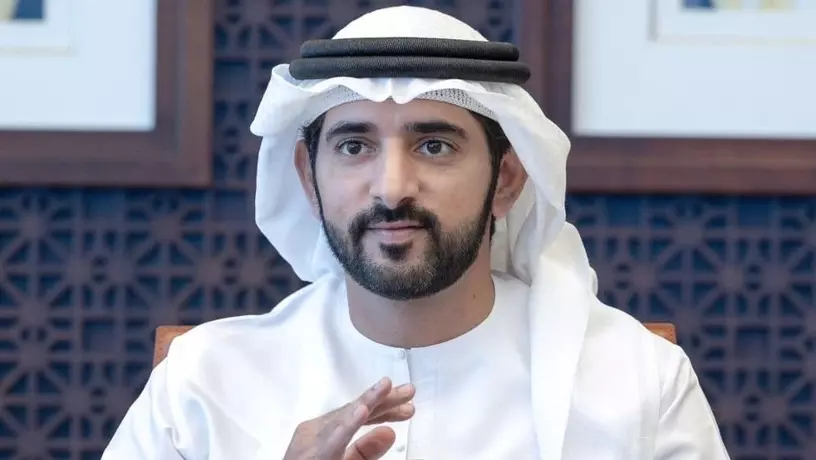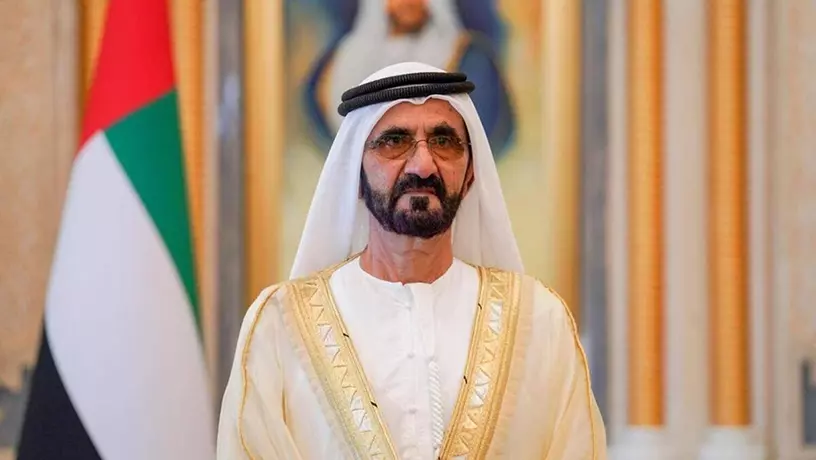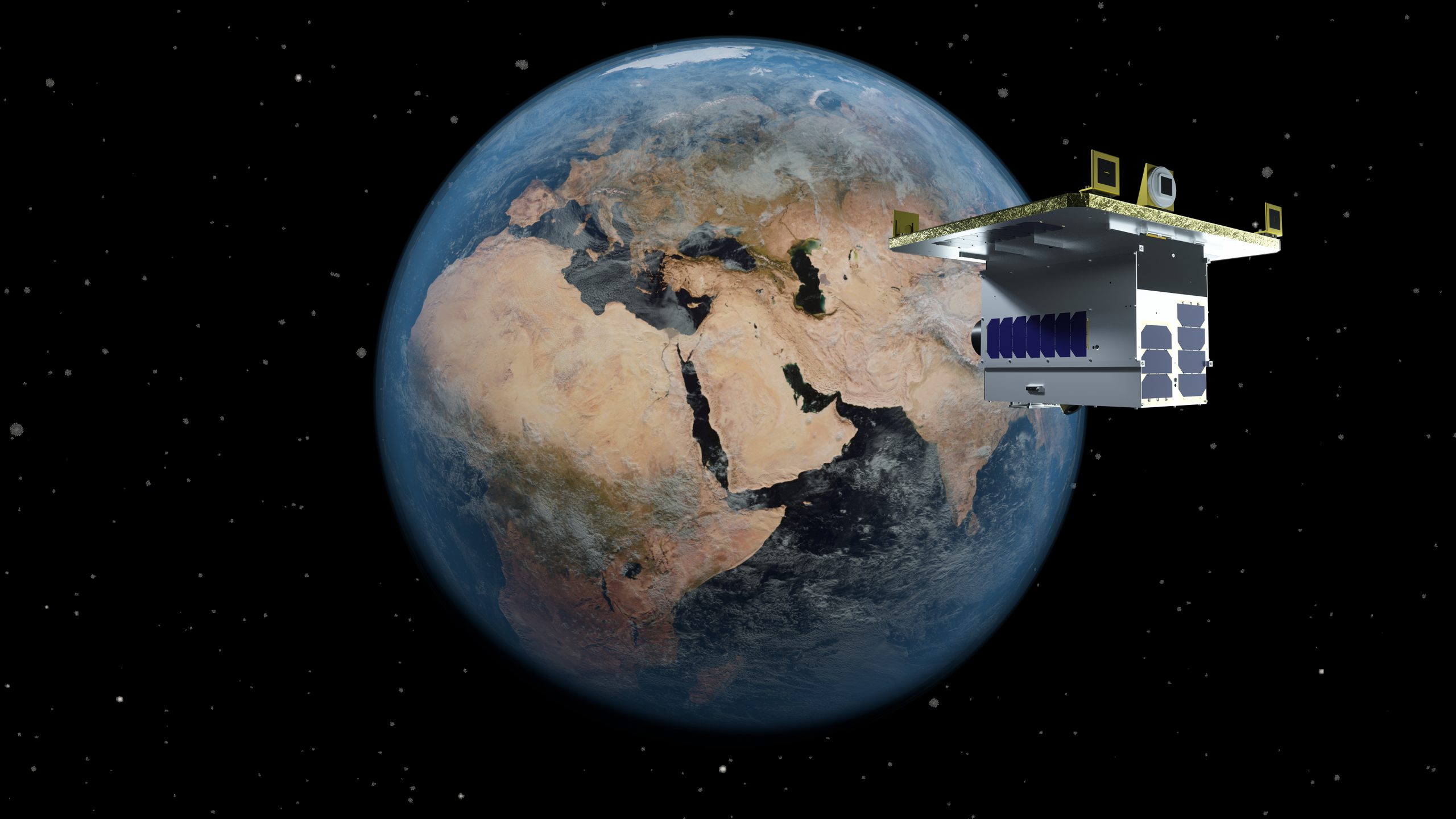
MBRSC joins global space consortium
The Mohammed bin Rashid Space Centre (MBRSC) has officially joined the Space Climate Observatory International (SCO), a global consortium of space agencies and organisations led by the National Space Studies Centre (CNES), which aims to coordinate global efforts to accurately monitor climate change impacts.
By joining SCO International, MBRSC has pledged to share information from the DMSat-1 satellite, the first atmospheric monitoring satellite launched by the municipality of Dubai in 2021, with the international space community. Using data from the satellite, Dubai Municipality actively promotes measures to protect the environment, thus significantly raising Dubai’s profile as a global model of sustainable development. As part of its commitment to MBRSC’s SCO membership, Dubai Municipality has already begun to receive significant data and insights from DMSat-1. Since its launch, DMSat-1 has played a key role in monitoring the UAE’s atmospheric aerosols as well as greenhouse gases and chemicals – substances that affect climate change worldwide.
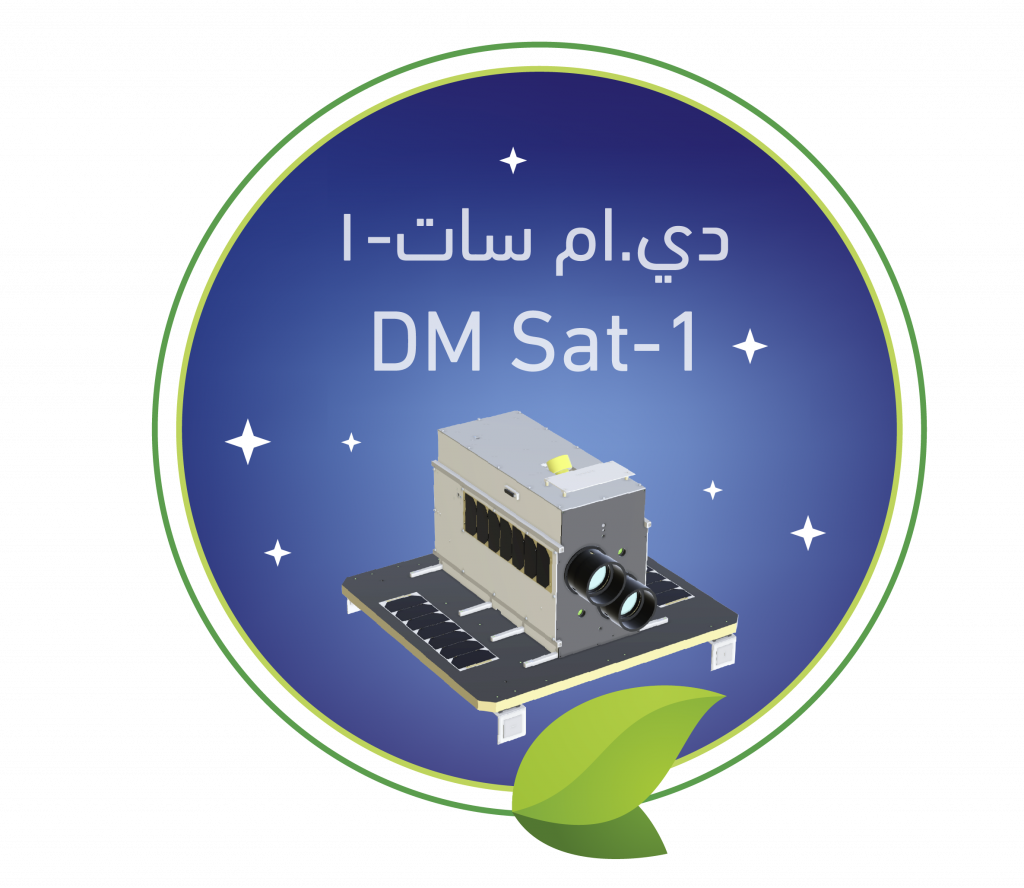
Salem AlMarri, director general of MBRSC, signed the SCO charter, paving the way for the UAE’s formal membership of this international network. “This is an important step, taken in partnership with Dubai Municipality, towards fulfilling our mission to initiate cooperation with international organisations to use the data we collect from DMSat-1. Our efforts will contribute to the global effort to monitor the effects of climate change, a critical issue that is vital to the sustainability of the planet and the survival of humanity,” he said.
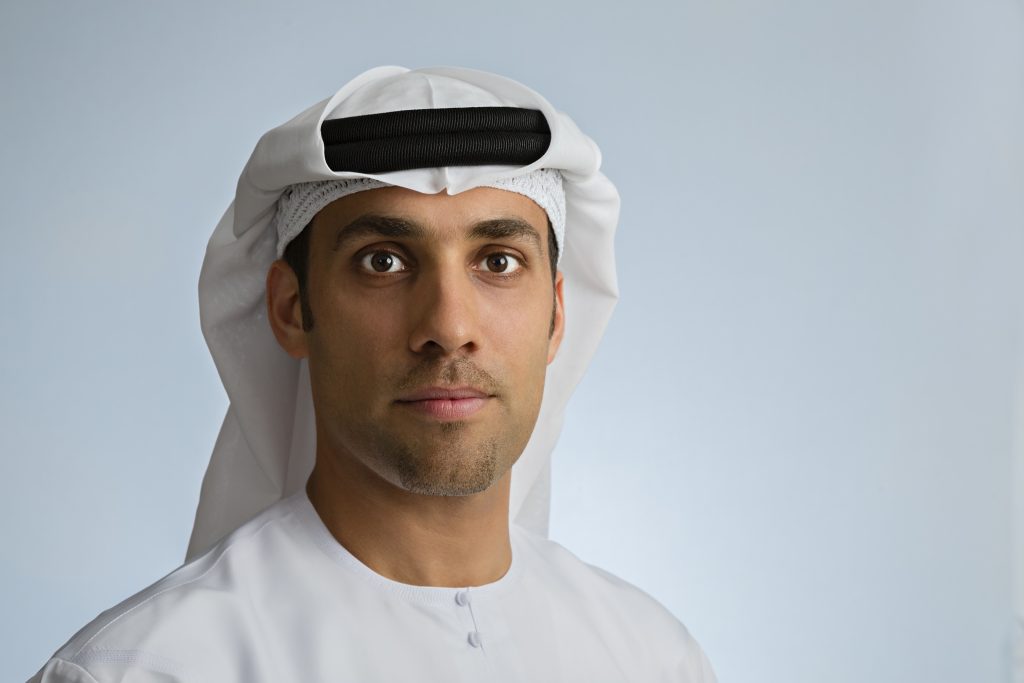
The development of DMSat-1 is part of the UAE’s commitment to meet the terms of the Paris Climate Agreement, which provides greenhouse gas emission data to signatory countries, as well as building national capacity to study and analyse global warming. The launch of the satellite and its operation are part of Dubai’s Clean Energy Strategy 2050 and the UAE Energy Strategy 2050. The data collected by the satellite will also contribute significantly to the implementation of the national greenhouse gas emission management system under the UAE National Climate Change Plan 2017-2050.
His Excellency Dawoud Al Hajri, Director General of Dubai Municipality, said: “We are delighted to start collaborating with international organisations to share the data we collect from the DMSat-1 satellite. The satellite deploys advanced monitoring techniques and mechanisms to ensure air quality and reduce air pollution in line with global advances in space data and remote sensing. The nanometric satellite, which has made significant innovations in environmental monitoring in the Arab world, is now making a vital strategic contribution on a global scale. We are pleased to share environmental satellite monitoring information and other research data with the world. We aim to use this information for the benefit of all as part of our goal to increase Dubai’s contribution to international organisations and other countries.”

Currently, all European space agencies support the International SCO, which has national chapters in Russia, China, Japan, India, Morocco and the UAE. Members have pledged to make the satellite data at their disposal available to the entire organisation as well as to the international community to help assess and monitor the global impact of climate change.
In addition to providing transparent and verified satellite data on climate change, SCO will also help develop useful toolkits and services that will enhance the computational capacity to analyse specialised climate change data.
.@MBRSpaceCentre joins the Space Climate Observatory (SCO) International, a global consortium of space agencies & organisations that seeks to coordinate worldwide efforts to accurately monitor the impact of climate change.https://t.co/HrkP6A12Jv pic.twitter.com/7CdZwGCeLT
— Dubai Media Office (@DXBMediaOffice) July 20, 2022
Follow our Telegram Chanel





